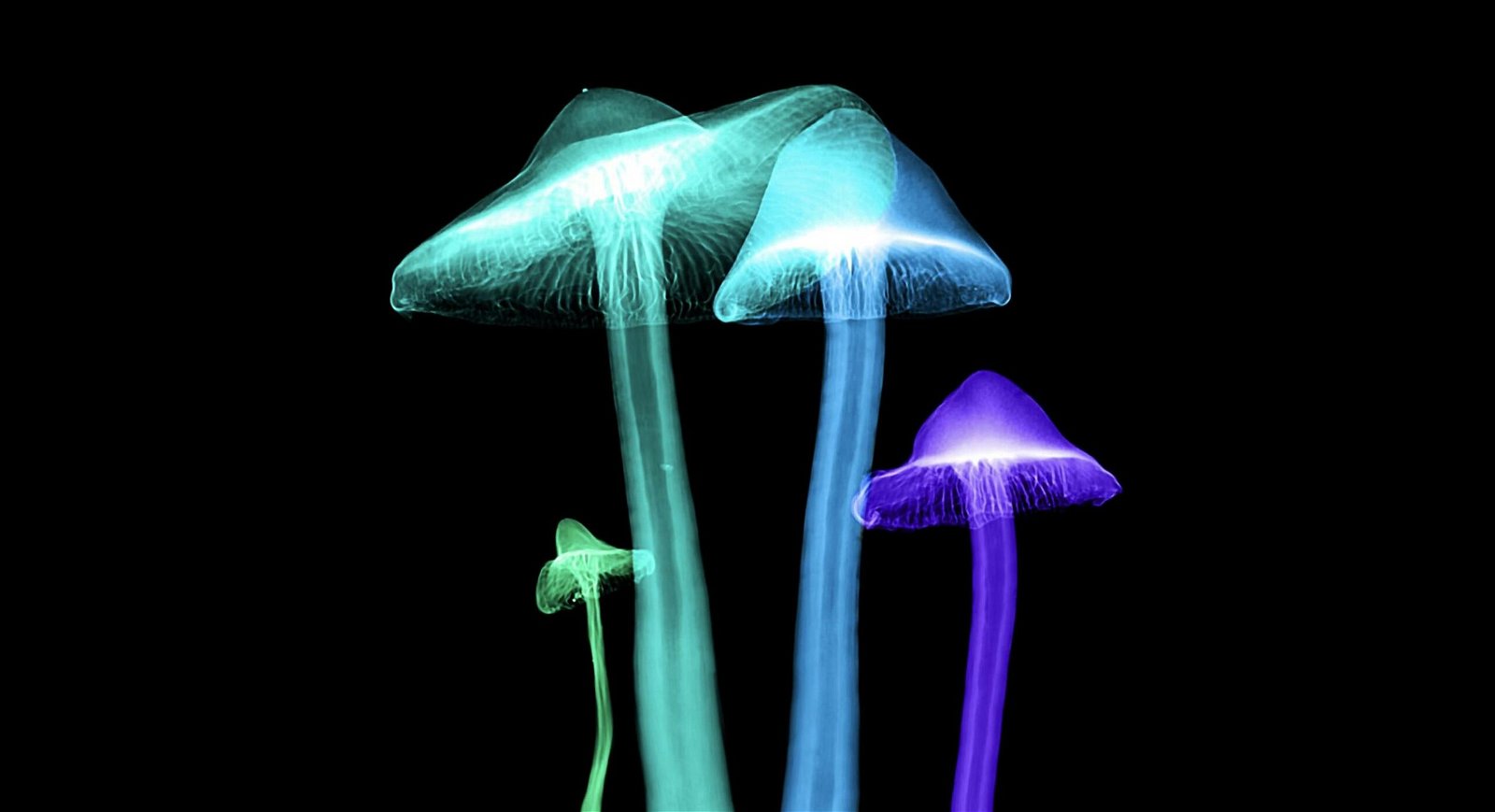In a potentially groundbreaking move for alternative medicine, the University of Ottawa has announced the creation of a first-of-its-kind program that will allow students to earn a Master’s Degree (MA) in Psychedelics and Consciousness Studies.
Described as a “comprehensive exploration of the therapeutic, spiritual, ritual, and naturalistic uses of psychedelics across cultures and throughout human history,” the one-year program will debut in September of this year.
“We are excited to offer this groundbreaking program that will not only advance academic research but also provide practical training for those working in mental health and spiritual care,” explained Dr. Monnica Williams, the newly minted program’s Co-director and a Full Professor at the School of Psychology. “Our goal is to equip students with the knowledge and skills needed to explore and harness the therapeutic potential of psychedelics in a culturally sensitive and scientifically informed manner.”
Growing Momentum for Potential Therapeutic Uses of Psychedelics
Although psychedelics are often associated with the counter-culture movement in the 1960s or the modern-day club scene due to their mind-altering effects, the potential for things like LSD, Psilocybin, ketamine, and MDMA in treating serious medical conditions has begun to gather momentum. Last year, researchers from Ohio State University reported significant improvements in the symptoms of PTSD for U.S. Special Operations Forces (SOF) veterans, including reductions in depression and feelings of anxiety. Perhaps even more significant, those researchers said SOF veterans with brain injuries, such as Green Berets and Navy Seals returning from combat, saw improvements to their base-level cognitive functions after using one of the two drugs in the study.
“The fact that we saw that there were improvements in cognitive functioning linked to brain injury were probably the most striking results because that’s something we didn’t predict, and it’s very new and novel in terms of how psychedelics might help in so many different domains,” lead author Dr. Alan Davis, associate professor and director of the Center for Psychedelic Drug Research and Education (CPDRE) in Ohio State’s College of Social Work.
Additional studies have highlighted the physiological mechanisms that may help explain the therapeutic use of psychedelics for mental health conditions. In 2021, Yale University researchers found that just one dose of Psilocybin, the active ingredient in “Magic” Mushrooms, promoted “immediate and lasting growth” across neural connections. Such a finding could be significant since researchers studying a variety of mental health conditions have often noted that patient brain scans consistently reveal a reduction in neural interconnectivity. Two years later, scientists from the University of California Irvine confirmed these results while also revealing the mechanism behind the phenomenon.
Last September, researchers from Lund University in Sweden found that psychedelics like LSD and ketamine can drugs like LSD and ketamine can induce psychedelic neural “hypersynchrony,” which is the presence of simultaneous high-frequency electrical waves across multiple brain regions. This year, the FDA gave an LSD-based drug designed to treat anxiety “breakthrough status,” something advocates for these therapies championed as a significant success and a major step forward.
Still, even with these advances, researchers often say they are faced with resistance when trying to secure funding to study psychedelics due to the lingering stigma of abuse. Just this week, a specialized FDA panel evaluating the latest data on using MDMA (aka MOLLY) to treat PTSD voted 10-1 against approving the first MDMA-based PTSD treatment.
UOttawa Program Integrates Drug’s Medical and Spiritual Aspects
In an effort to change the equation, the new uOttawa MA in Psychedelics and Consciousness Studies will charge students with taking a broader look at the biological, medicinal, cultural, and even spiritual aspects of these drugs to not only understand their potential therapeutic value but also explore how these drugs may help cognitive scientists define the very nature of consciousness.
“The program is unique in Integrating spiritual guidance within the Psychedelic-Assisted Therapy framework,” said Dr. Anne Vallely, Co-director and Professor in the Department of Classics and Religious Studies. “While such transpersonal experiences can lead to life-changing insights, they can also trigger existential challenges that go beyond what traditional clinical training can tackle.”
To fill in those gaps, Dr. Vallely says students enrolled in the new program will learn how to integrate psychological study with spiritual training. In practical terms, this means that alongside learning about the psychology of mental health, the basics of neuroscience, and the dynamics of “therapeutic encounters,” program enrollees will learn about the cultural and spiritual side of psychedelics and how they relate to “the human quest for transcendence and the mythic structures of consciousness.”
Notably, while some research into psychedelics has focused on trying to remove the “psychedelic” aspect of these drugs while retaining the therapeutic benefits, the holistic approach offered by this new program may also have a scientific basis. For example, a 2023 Ohio State University study involving psilocybin, LSD, mescaline, ayahuasca, and 5-MeO-DMT, the natural psychedelic substance in the venom of the Colorado River toad, found that the mystical experiences users have while under the influence of these drugs seem to offer the “highest psychological benefits.”
According to released materials, the Psychedelics and Consciousness Studies curriculum will focus on six key areas.
- Interdisciplinary Education: Students will explore the spiritual, ritual, and therapeutic uses of psychedelics to gain insights from diverse cultural perspectives.
- Advanced Research: Emphasis on innovative research in consciousness studies, comparative mysticism, and mental health.
- Culturally Sensitive Therapies: Students will learn to deliver culturally sensitive psychedelic-assisted therapies.
- Professional Training: Practical training for licensed medical providers to become skilled facilitators and integration counselors for psychedelic treatment sessions.
- Spiritual Care Training: Spiritual caregivers – including clergy and chaplains – will receive training to support individuals undergoing psychedelic treatments for mental health, bereavement, and end-of-life.
- Traditional Healing Practices: Based on Indigenous traditions of psychedelic plant use for wellness and spirituality, there is interdisciplinary training on psychedelics in shamanic or ritualistic settings in collaboration with experienced Indigenous and traditional healers.
Program Looking for Broad Range of Professionals as Students
In their formal announcement, UOttowa says that the new program is focused on training individuals from four major professional categories. These include licensed mental health and medical professionals, ordained or commissioned clergy, chaplains, spiritual care professionals, shamanic and ritualistic traditional entheogenic healers, and researchers focused on advancing the academic study of psychedelics.
For those looking to apply, the University says the application process for fall 2024 “will open shortly.” The program can be completed in one year or over two years on a part-time basis and is open to students worldwide. While the initial iteration of the Psychedelics and Consciousness MA program will be in English, University officials say a French language version “will be available in the near future.”
Christopher Plain is a Science Fiction and Fantasy novelist and Head Science Writer at The Debrief. Follow and connect with him on X, learn about his books at plainfiction.com, or email him directly at christopher@thedebrief.org.

